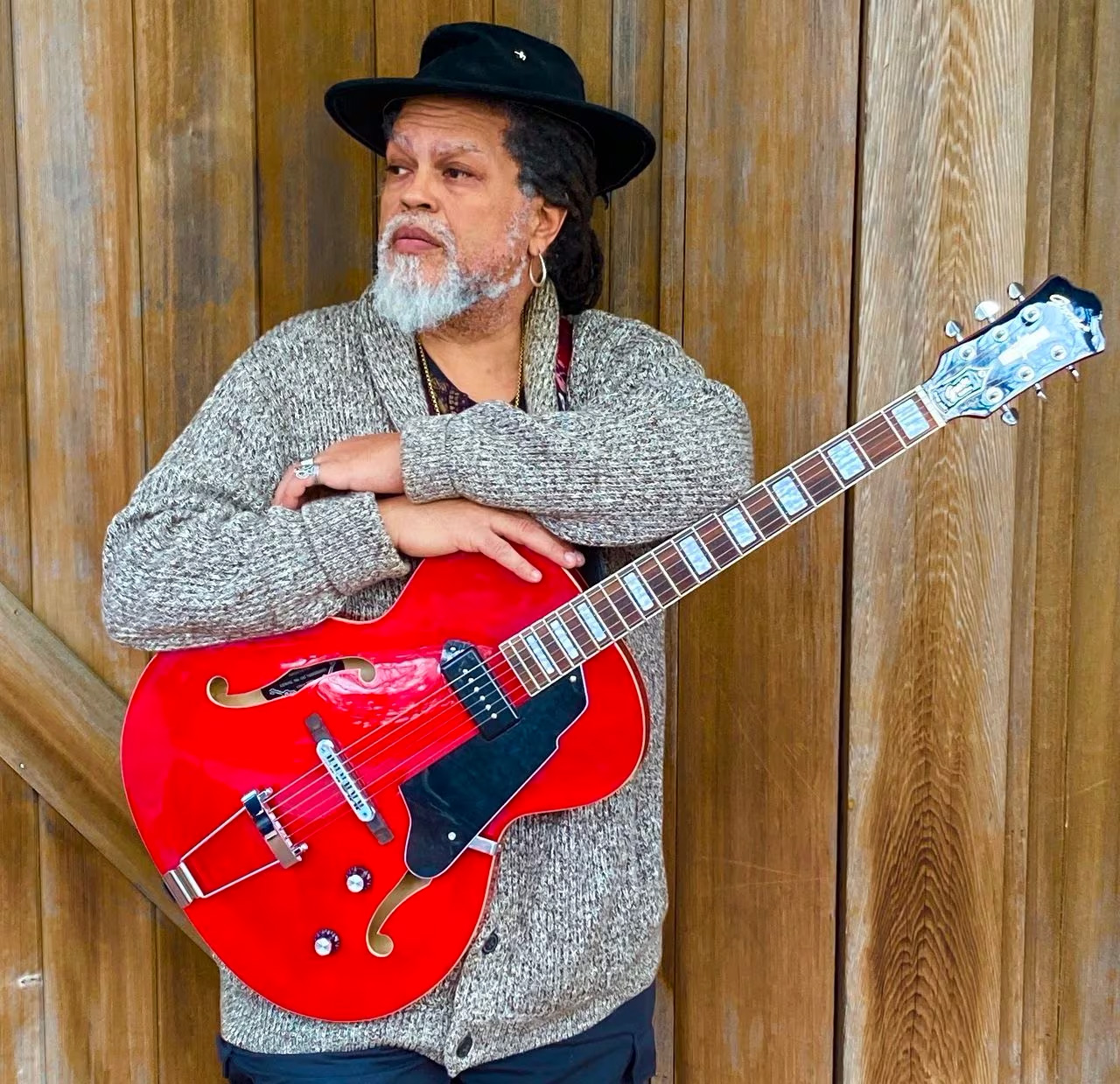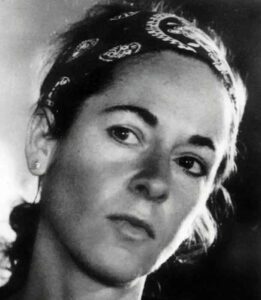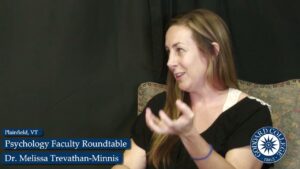
In 2018 Matthew Quick (MFAW ’07) was interviewed by Dustin Byerly (BA RUP ’01) for Clockworks magazine.
Recently, I spoke with Matthew Quick (MFAW ’07) about his journey from high school teacher to award-winning author and the role Goddard played in his development as an author. Matthew Quick is the New York Times bestselling author of several novels, including The Silver Linings Playbook, which was made into an award-winning film.
Dustin Byerly: Before you began to write full-time, you were a tenured, high school English teacher in New Jersey. What made you decide to leave teaching in 2004?
Matthew Quick: I was mentally exhausted, seriously depressed, and borderline suicidal. Whenever I was alone in a room and writing, the anxiety and depression lifted a little, and so I thought prioritizing writing might improve my life. It did, but not exactly for the reasons I imagined back then. I’ve since learned that I am an introvert by nature. To get through facing hundreds of teenagers daily I pretended to be an extrovert, which was incredibly draining and proved impossible to sustain over the long haul. Fiction writing has proven to be a much better career for me.
DB: Your debut novel, The Silver Linings Playbook, became a New York Times bestseller and was made into a film which won Oscar, Golden Globes, BAFTA, and Screen Actors Guild awards. What was that experience like?
MQ: It was definitely heady for a bit. But then the media tours and parties ended and I was back in a room alone again writing. I think the trick is to focus on the work. Enjoy all the rest whenever it comes, of course. Be grateful. But focus on the writing. Don’t get distracted. Keep going back to the blank page. Keep checking in with your heart.
DB: The Silver Linings Playbook wasn’t published until 2008, a year after you graduated from Goddard. Was there ever a time you doubted your decision to pursue writing full-time?
MQ: I’ve never regretted my decision to pursue writing full-time, but I have often doubted the likelihood of being able to make my living as a full-time fiction writer for the rest of my life, which remains my goal. If teaching didn’t make me extremely ill, I’d still be teaching.
DB: What’s the most surprising thing to come out of your writing?
MQ: I thought Silver Linings was a father-son story about Eagles football fandom. Turns out I was writing a novel squarely about mental health. Pretty obvious now, but it wasn’t when I was at Goddard. I wasn’t ready to talk about my own mental health issues back then, so I invented Pat Peoples, who had different mental health problems. Writing that novel, in many ways, helped me be honest about myself.

DB: I received an advance copy of The Reason You’re Alive. Once I picked it up I couldn’t put it down. I found myself both repelled and drawn in by the narrator. What inspired you to write that book?
MQ: The Reason You’re Alive is probably the most personal book I’ve written, as it’s inspired by the close relationships I had with my WWII veteran grandfather and Vietnam veteran uncle, both deceased. Their views on politics, religion, and social issues did not always match mine, to say the least. But I loved and learned a lot from them both, despite the fact I was often embarrassed (and sometimes horrified) by their worldviews. It seems to me that we too often discount people when they don’t speak the so-called right way or have so-called correct opinions, and I think we often lose when we do this. People with different levels of education, beliefs, experiences, and upbringings can sometimes surprise us in beautiful ways.
DB: Your writing explores a lot of really powerful issues. Have you been surprised by how it affects your readers?
MQ: The level of relief I felt while I was writing used to surprise me. Then I was shocked to learn some readers feel that same sense of relief when they read my work. I want people to enjoy my stories, every storyteller does. Fiction writers (via novels) were the first to let me know that I wasn’t the only person in the world to experience depression and anxiety. That really helped me. If I can pass along that favor – especially to younger readers – I’m always grateful for the opportunity.
DB: What made you decide to enroll at Goddard?
MQ: The MFA had this slogan: Come as you are, leave as who you want to be. I really appreciated the emphasis on individuality and the non-competitive atmosphere.
DB: What did Goddard allow you to learn or discover in terms of your writing?
MQ: I remember spending an entire day in the Goddard library banging my head against a desk – literally at one point – thinking I had no idea what I should write about. For years, I had talked about being a writer. Then I was in the woods of Vermont with the time to actually write. It was paralyzing at first, mostly because I hadn’t come to terms with who I was as a person, let alone as a writer. Psychoanalyzing myself in retrospect, I can see I was afraid to write about depression and anxiety, both of which I had a seemingly endless supply. Goddard was an intense two-year look in the mirror, telling myself, “I dare you.”
DB: What did Goddard allow you to learn or discover about yourself?
MQ: Honestly, that I was a sick person who desperately wanted to get better. My time at Goddard marks the beginning of being truthful about who I really am and making an effort to move toward a healthier life. That journey continues.
DB: What advice do you have for today’s Goddard students or aspiring writers?
MQ: Don’t trust people who give writing advice. Sort of joking here. But there is no one-size-fits-all advice for living the writing life. That’s the fun of it. Be you. Let others do the same. Make mistakes; those lead to successes. Celebrate success, when it lands on others and when it lands on you. Be professional. Repeat. It’s a long race.
Want to know more about Goddard’s MFA in Creative Writing program, and other degree programs that call on students to explore the potential of being their truest selves? Make an inquiry today.







